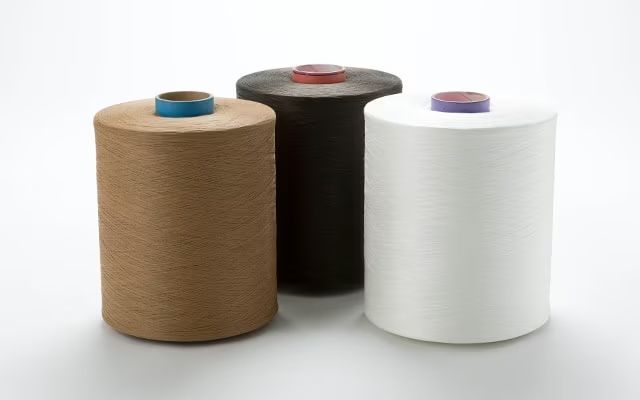Dr. Neha Mehra on Bridging the Gap from Classroom to Industry in Textile Engineering
Spinning Values: Evolving Textile Industry and the Role of Education
In this episode of 'Spinning Values', a podcast by Beekaylon Synthetics, Dr. Neha Mehra from VJTI, one of India's top institutions in textiles and technology, discusses the evolving textile industry and the importance of internship programs. She emphasizes the need for incorporating changes in the industry into educational curricula to ensure students are well-prepared for professional life. Dr. Mehra also highlights various innovative projects carried out at VJTI, involving topics like wound healing, mosquito-repellent fabrics, and more. Additionally, she emphasizes the importance of automation and Industry 4.0 in textile manufacturing and encourages students to focus on learning concepts and avoiding shortcuts for long-term benefits. She also discusses the importance of sustainability in the industry, highlighting contributions from companies like Beekaylon Synthetics.
00:00 Introduction to the Podcast
00:31 Welcome to Spinning Values
00:43 Guest Introduction: Dr. Neha Mehra
07:45 The Importance of Industry-Institute Interaction
09:54 The Role of Faculty in Bridging the Gap
10:54 The Importance of Curriculum Alignment with Industry Advances
17:47 The Impact of the New Education Policy
23:08 The Importance of Internships in Textile Engineering
28:31 The Role of Automation and Technology in Textile Industry
31:42 The Importance of Sustainability in the Textile Industry
35:48 Advice for Aspiring Textile Engineers
40:41 Conclusion and Wrap Up
Thank you for listening to this episode. Please do share with others who might be interested in this topic.



